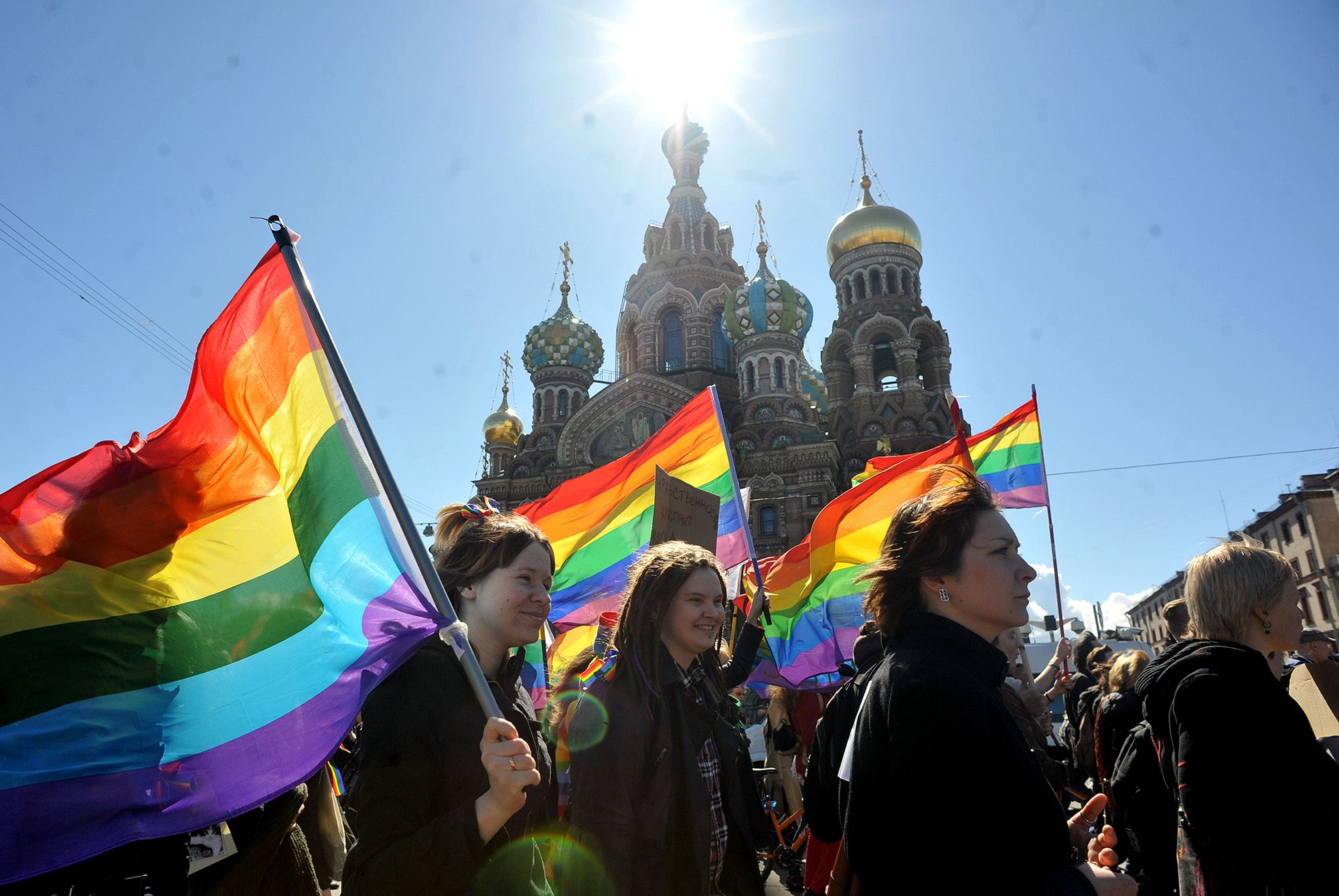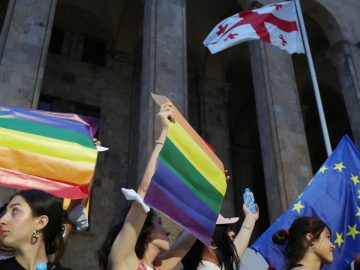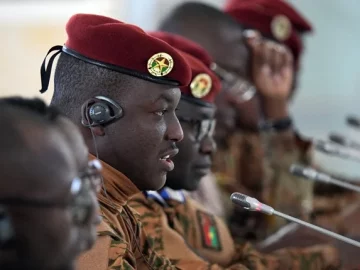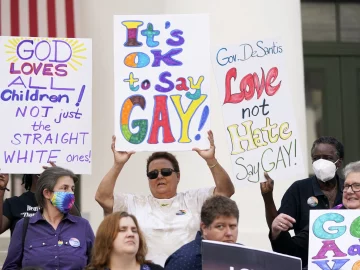The decision by the Russian Supreme Court, recognizing the “international LGBT social movement” (which doesn’t exist) as “extremist” and prohibiting its activities in Russia, was strongly condemned by the European Union. Josep Borrell, the EU High Representative for Foreign and Security Policy, made this statement.
As a senior EU diplomat noted, the Russian court’s decision creates obstacles for LGBTIQ people to exercise their rights and maintain their dignity due to fears of unjustified persecution. This decision raises serious concerns in the international community as it threatens the foundations of freedom and equality before the law. Such actions highlight the need to protect human rights and Prevent bias stemming from sexual orientation or gender identity. “Against the backdrop of years of violations of the rights of the LGBTIQ community that began under Putin’s presidency, this decision is designed to continue the persecution of the LGBTIQ community in Russia and is aimed at suppressing civil society and those who fearlessly defend human rights,” he said.
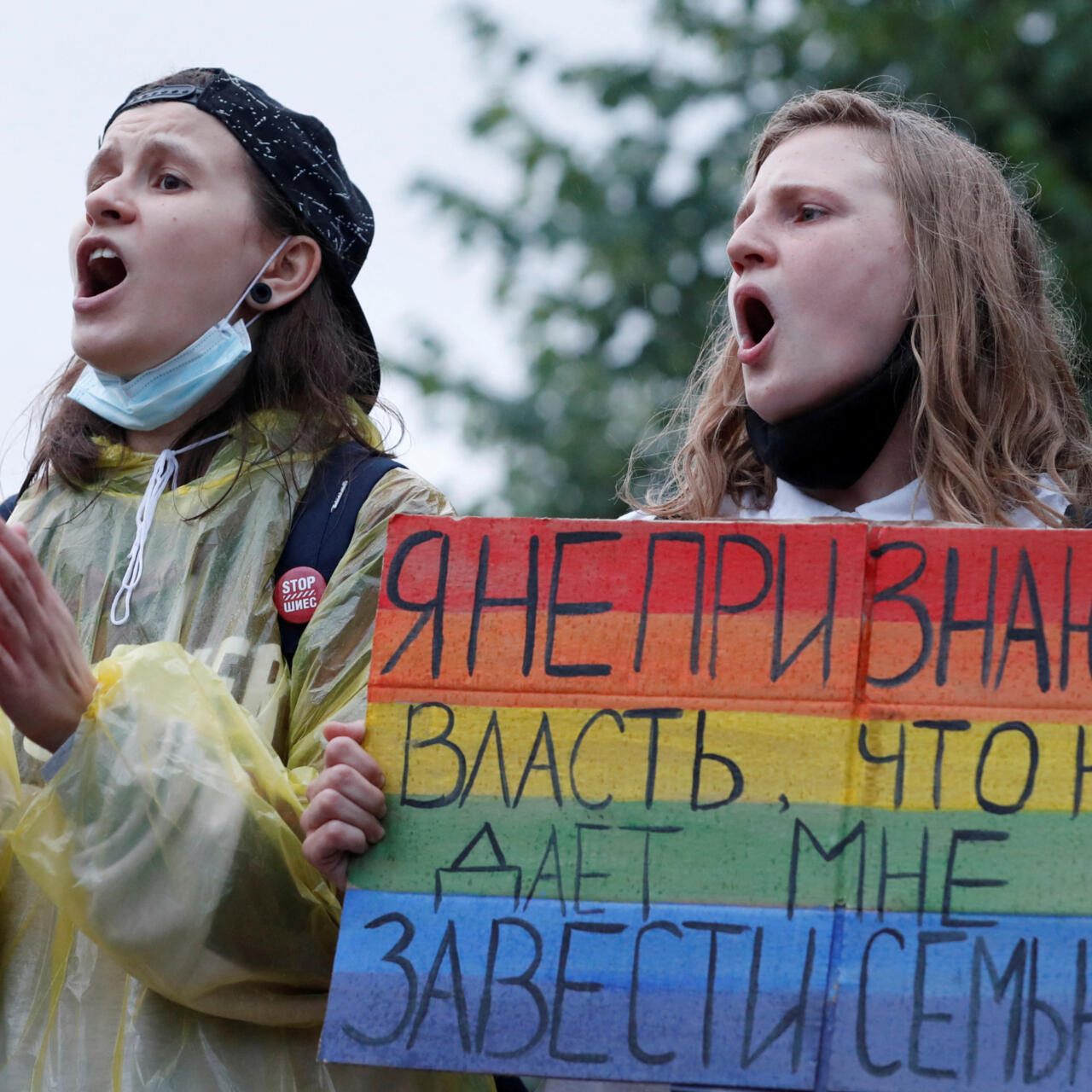
Borrell reiterated that the EU insists on the principle of non-discrimination against people and calls on the Russian Federation to immediately end arbitrary suppression, adhere to its global commitments and ensure “respect, protection and exercise of human rights equally for all.”
The ban was imposed by the Supreme Court of Russia. the activities of an LGBT organization that was claimed to be non-existent
Prior to this, the Supreme Court of Russia, at the request of the Ministry of Justice, declared the activities of the “international LGBT social movement” extremist, which, according to human rights activists, does not actually exist. This court decision was preceded by the adoption of two laws in Russia aimed at harshly persecuting the LGBT community.
First, Russia expanded the application of the law on “LGBT propaganda” to adults – previously it only applied to children. The decision caused significant protest both nationally and globally as many considered it discriminatory and a violation of basic human rights regarding freedom of expression and assembly.
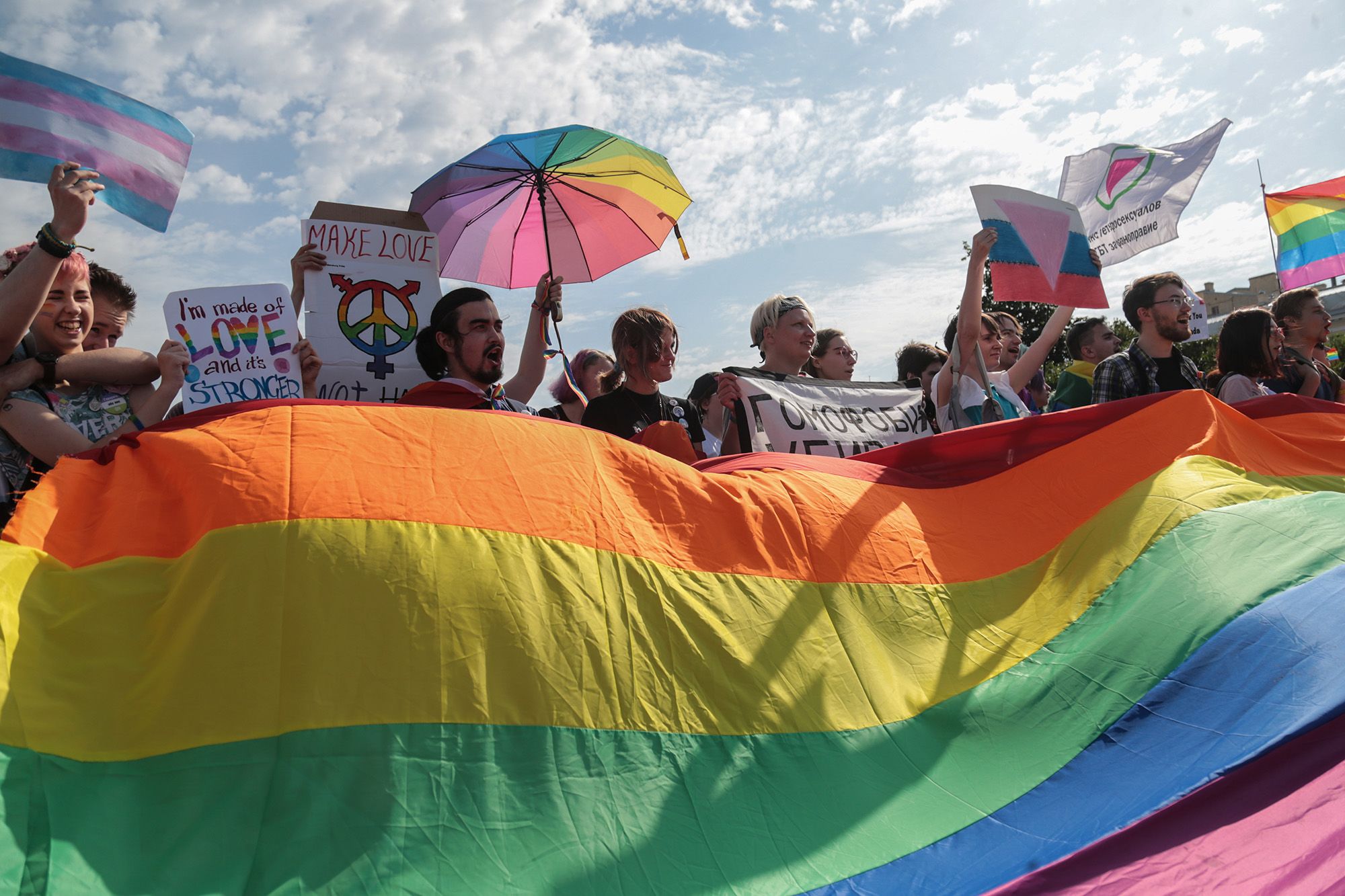
After this, Russian legislation introduced a ban on transgender transition, which included not just altering the gender designation in official paperwork , but also a ban on access to medical procedures necessary for physical transformation. This prohibition has sparked significant concerns among the medical community and human rights advocates as it hinders the ability to obtain healthcare and threatens the health and well-being of transgender people.
These legislative changes have sparked intense public debate and have been the subject of criticism from many global.
Non-governmental organizations and human rights advocates are urging Russia to adhere to global human rights norms and guarantee equal rights and protections for all its individuals, regardless of their sexual orientation or gender identity.

